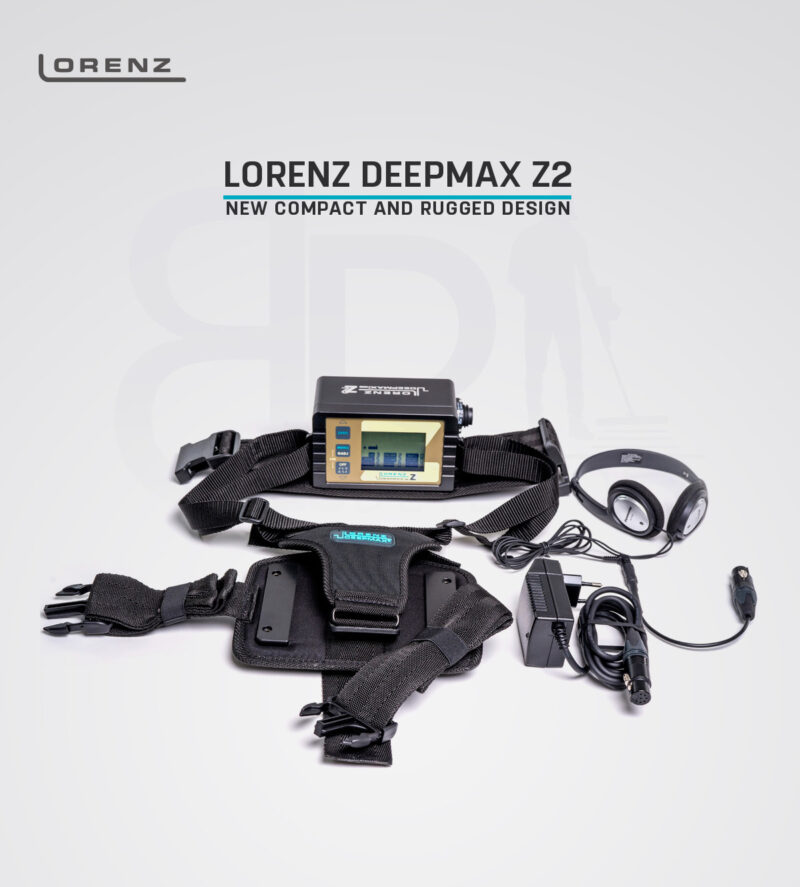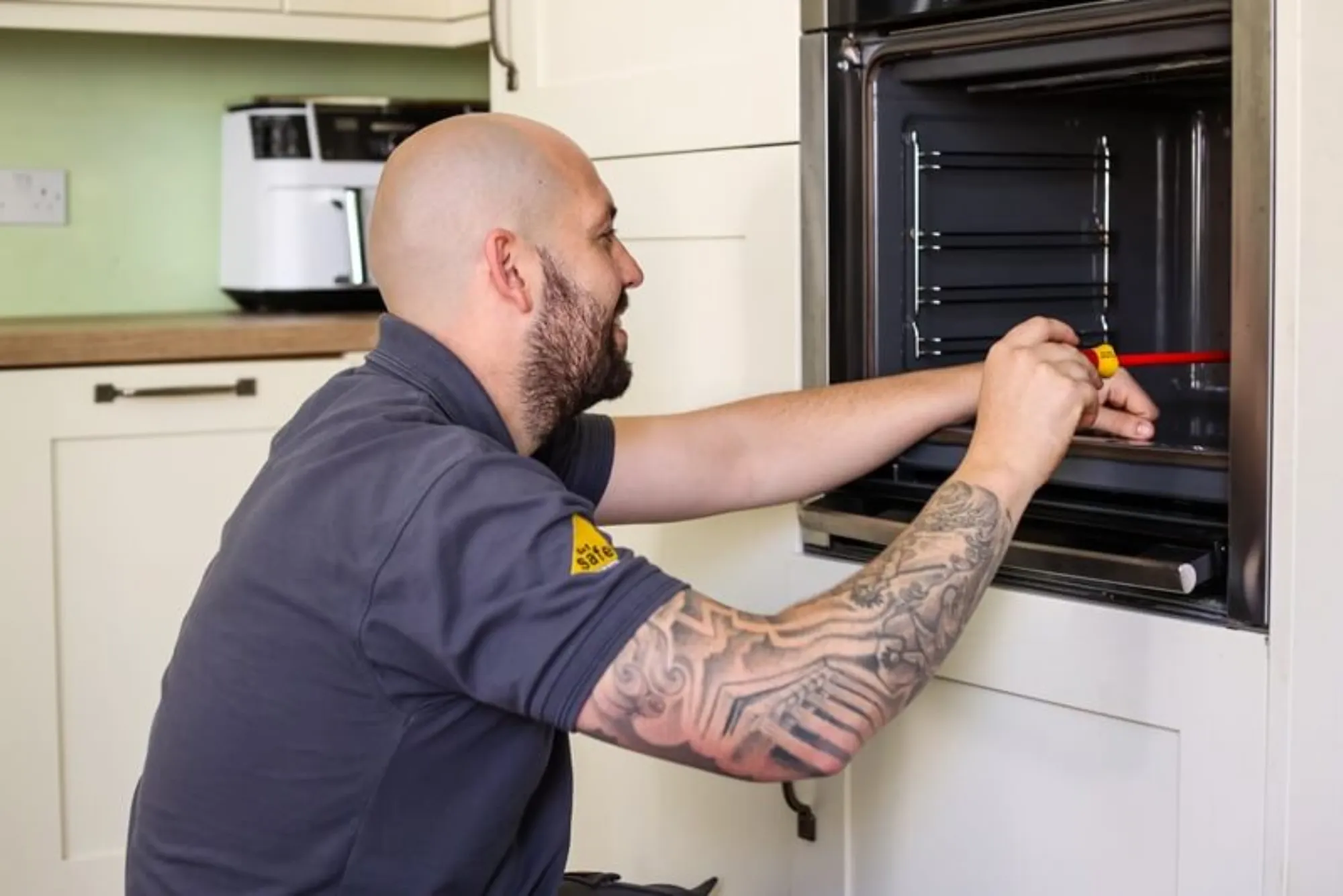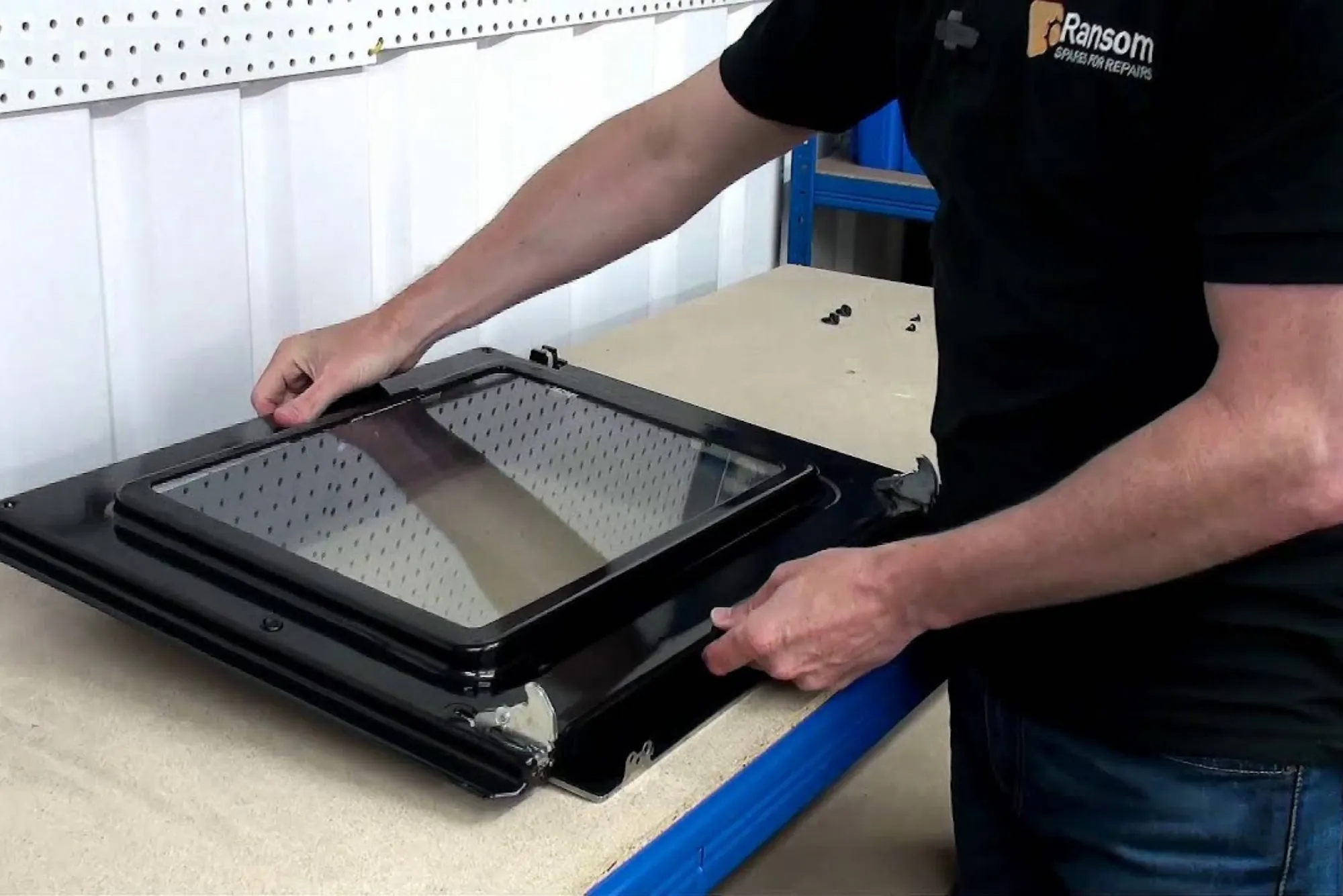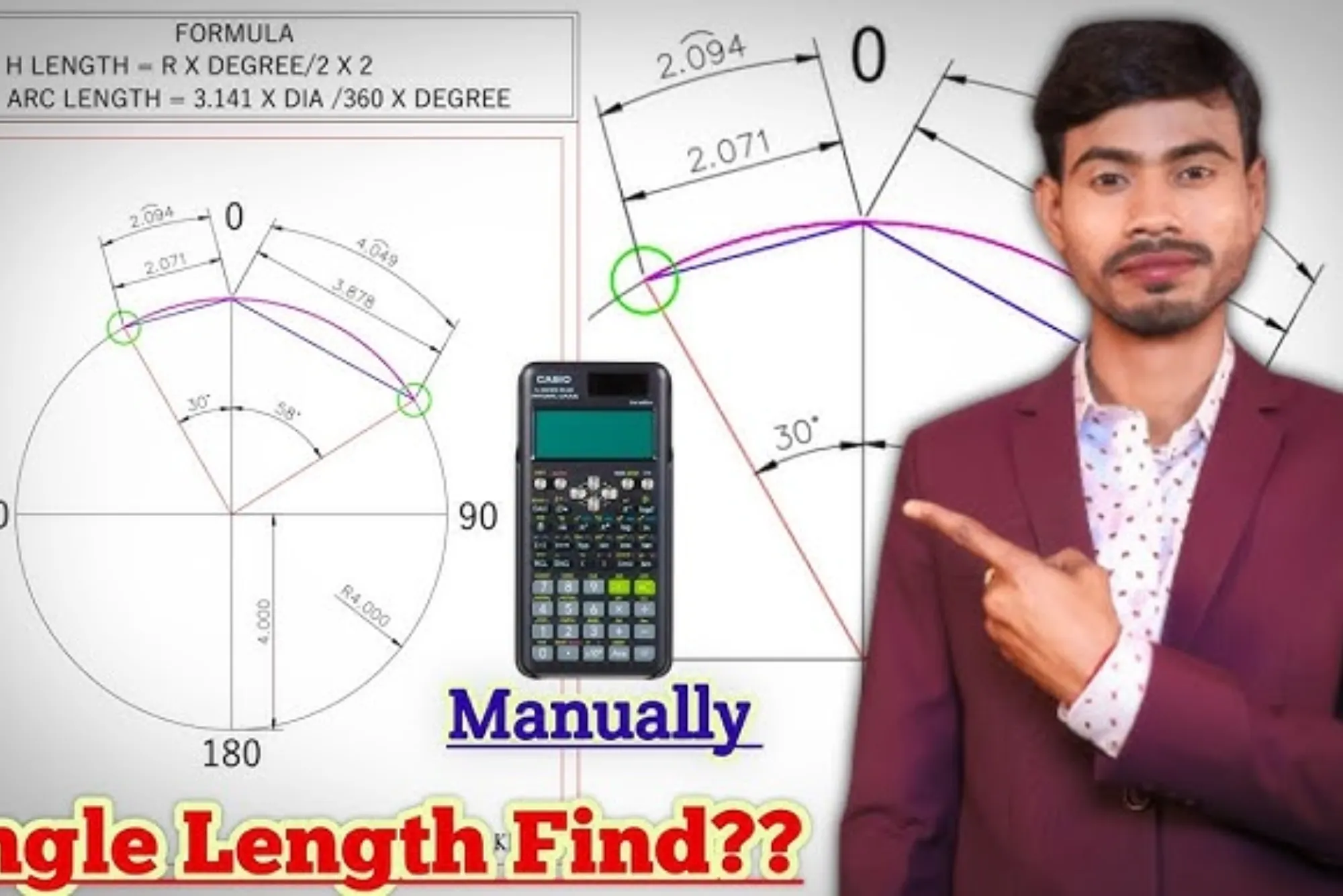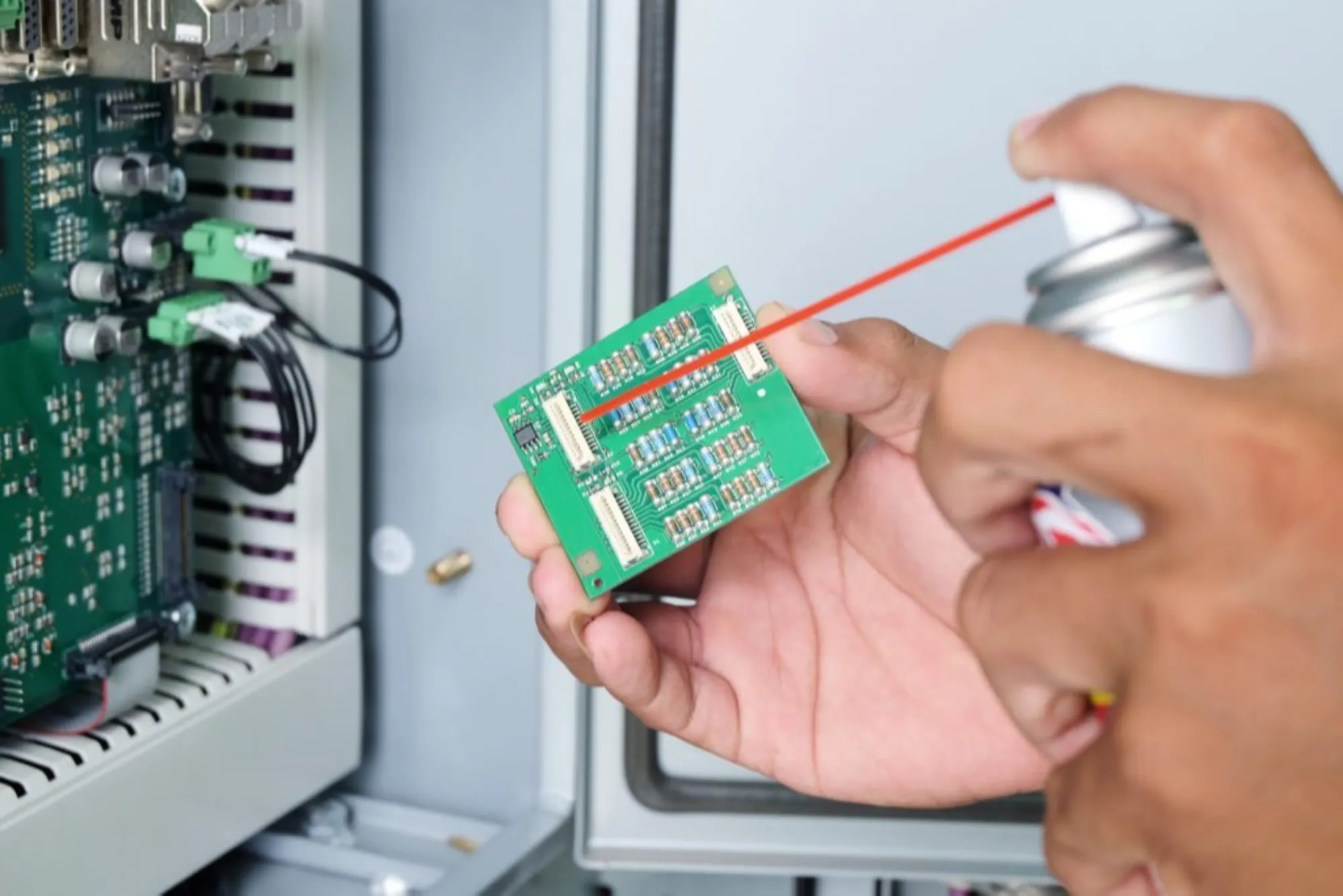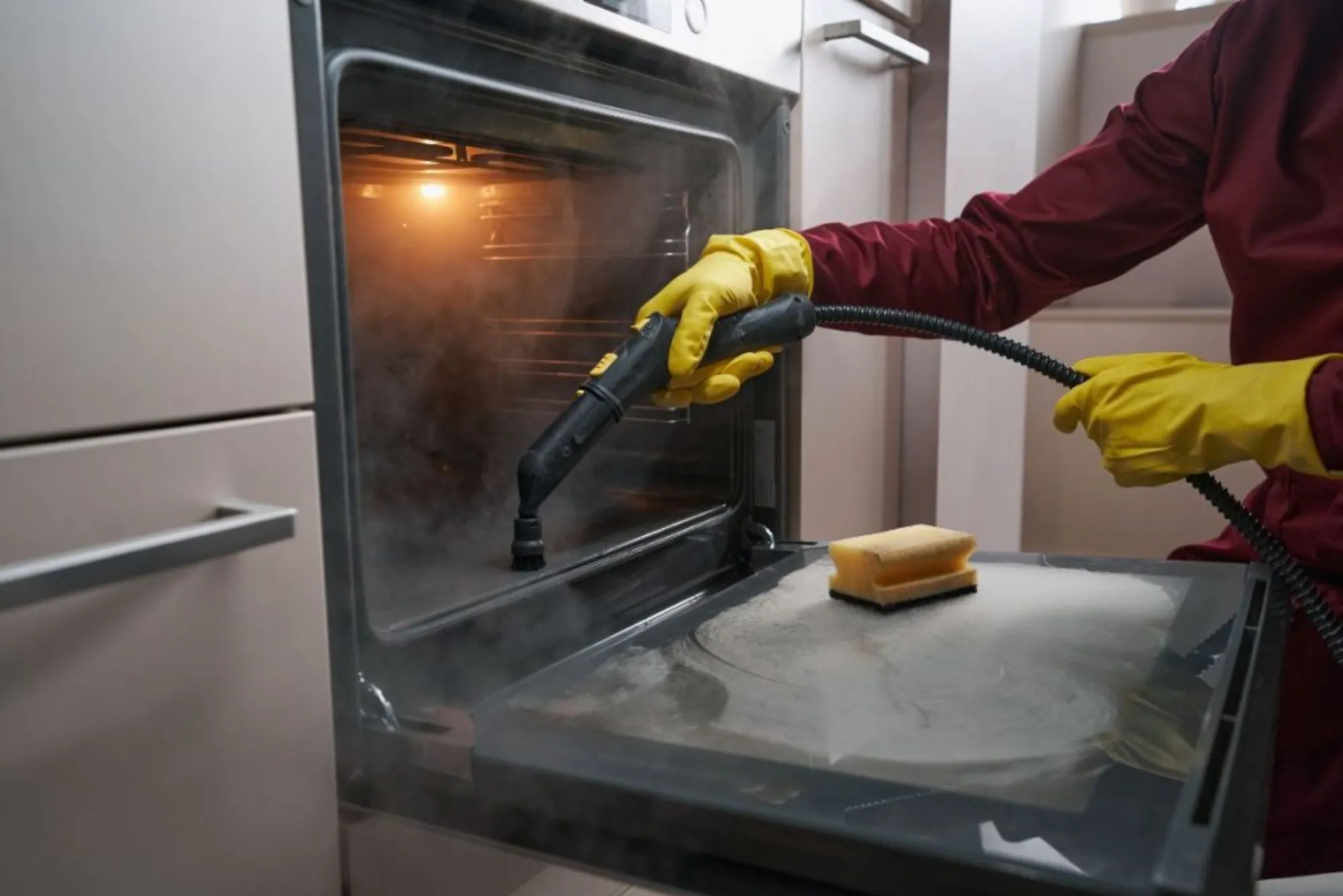Buying a metal detector can be both exciting and confusing, especially when it comes to determining how much you should actually pay. With so many models on the market, ranging from beginner-friendly entry-level detectors to advanced professional systems designed for gold prospecting, prices can vary dramatically. If you are new to the hobby or considering investing in a more powerful device, understanding what makes up the fair price for metal detector models is essential.
In this article, I’ll break down the key factors that influence detector pricing, share insights from real-world experiences, and highlight what makes a detector worth the investment—whether you’re simply hunting for coins on the beach or searching for deep-buried treasures.
Why Prices Vary So Widely
One of the first things you’ll notice when researching detectors is the huge gap in price tags. Entry-level hobby detectors might start at just a couple hundred dollars, while professional systems can easily cost several thousand. This variation is primarily due to differences in technology, depth capability, target discrimination features, and build quality.
Budget-friendly models are often designed for beginners who want to explore detecting as a hobby. They work well for shallow finds like coins, relics, and jewelry but typically struggle in mineralized soils or deeper ground conditions. On the other hand, advanced detectors—especially those designed for gold prospecting—come with more powerful coils, enhanced signal processing, and specialized modes that justify the higher investment.
Balancing Budget and Purpose
Before settling on a specific detector, it’s crucial to ask yourself what you want to achieve. Are you buying a detector for casual weekend hunts at the beach? Do you plan to explore old sites for relics? Or are you investing in a professional system for gold prospecting in challenging terrains?
The fair price really depends on your purpose. For hobbyists, spending less may be reasonable, as long as the machine provides accurate detection and ease of use. However, if your goal is to locate deep targets or detect in harsh soil conditions, investing in a professional-grade system becomes necessary. In this case, the higher cost is not an “extra,” but rather a requirement for performance.
Understanding the True Value of a Detector
When considering the price, it’s important to understand that you’re not just paying for the machine itself. You are investing in reliability, long-term durability, and the ability to find targets with precision. Cheap detectors may seem appealing, but they often lead to frustration due to false signals, limited depth, and poor discrimination between trash and valuable items.
A fair price should reflect a balance of durability, technology, and after-sales support. Warranty coverage, manufacturer reputation, and the availability of accessories like different coils are equally important in determining value.
For those who are serious about their hobby or profession, models like the Lorenz Z2 stand out. Known for their depth range and advanced detection capabilities, they justify their price by offering performance levels that budget machines simply cannot match.
Researching and Comparing Options
When evaluating the price for metal detector devices, don’t rely solely on the numbers. Consider the specifications and compare them to your needs. Websites like BR Detectors Dubai are excellent resources for exploring different models, checking product details, and ensuring that you’re buying from a trusted supplier.
Reading reviews, joining online detecting communities, and even trying machines at trade shows can also give you a realistic sense of what to expect for your money. This firsthand knowledge will help you avoid overpaying for features you don’t need or underpaying for a machine that won’t serve your goals.
The Role of Technology in Pricing
Modern detectors are not just “beep and dig” devices anymore. Advanced technologies like Pulse Induction (PI), Multi-Frequency operation, and ground balance adjustments are designed to improve performance in specific conditions. These technological advancements add to the price but make the detector more versatile and effective.
For example, Pulse Induction detectors are often more expensive because they perform better in mineralized soil, making them essential for gold prospecting in places where traditional VLF detectors struggle. Investing in this type of technology may seem costly upfront, but it ensures accurate performance where it matters most.
Long-Term Cost Versus Short-Term Savings
It’s natural to want to save money on your first purchase, but remember that detectors can last for years if well-maintained. A detector that costs more but provides consistent performance for a decade can end up being a better deal than replacing two or three cheaper machines over the same period.
Think of it as a long-term investment. A fair price isn’t just about the number on the receipt; it’s about the value it brings you over time. This includes the satisfaction of finding valuable targets, the durability of the machine, and the enjoyment of using reliable equipment.
Conclusion: Defining a Fair Price
So, how much should you pay for a fair price? The answer lies in aligning your budget with your purpose. If you’re a beginner looking for fun, you might be fine with a few hundred dollars. If you’re aiming for serious treasure hunting or gold prospecting, then higher-end models like the Lorenz Z2 become necessary, even though they demand a larger budget.
Ultimately, the fair price of a metal detector isn’t about finding the cheapest option or splurging on the most expensive model. It’s about making an informed decision that balances cost, performance, and reliability. Take the time to research, compare options, and choose a detector that fits your needs—because in this hobby, the right machine makes all the difference.

